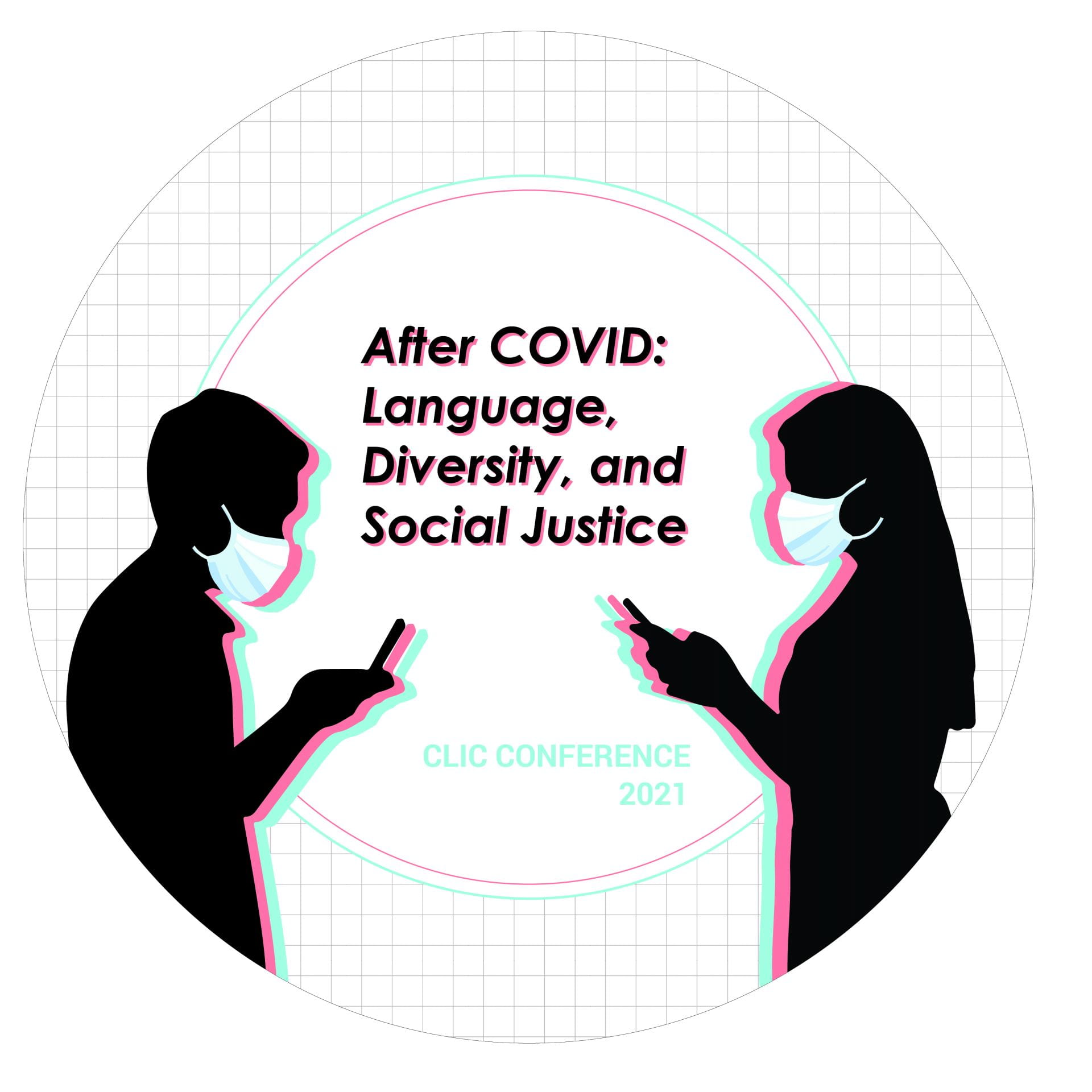Teachers’ perspectives on pandemic-related changes in language education for newly arrived migrant students in schools in Baden-Württemberg / Germany
Stefanie Guhl & Daniel Rellstab, PH Schwäbisch Gmünd University of Education, Germany
To provide “newly arrived migrant students” (Massumi & Dewitz 2015, 13) opportunities to learn the language of schooling, the Ministry of Education of Baden-Württemberg, a wealthy state in Southern Germany, allows schools to establish so-called preparatory classes. Schools have a lot of freedom in the organization of these classes, and many have developed specific educational concepts for them (Massumi & Dewitz 2015, 43ff). Yet the teachers of preparatory classes are confronted with a range of institutional and pedagogical challenges. They teach a very diverse student body. They often do not belong to the core faculty of the school. At times, the school misappropriates resources allocated to preparatory classes to cover other shortcomings. Thus, these teachers find themselves at the center of complex processes in which language practices, ideologies, power, and language management interact in complex ways (Menken & Garcia 2019, 2). The pandemic has augmented their challenges. Although research and the public have debated the consequences of the pandemic for schooling in general, the changes that affected everyday school life of preparatory classes have not been addressed so far.
For our presentation, we have selected interviews with four teachers. They belong to the corpus of our ongoing qualitative study on language education policy in schools in Baden-Württemberg. The interviews were conducted in December 2020 and January 2021 and lasted about 90 minutes each. In these interviews, the teachers look back at the first lockdown of the schools in spring 2020 and at the phase when schools were partly open and when they could prepare for the next shutdown. Adopting the perspective of critical language policy research (Menken & García 2019), we analyze the interviews by applying the integrative method developed by Kruse (2015), combining it with narrative analyses to look closer at how the teachers narrate their stories (Goodwin 2016).
The analyses demonstrate that the pandemic-related challenges serve as a magnifying glass of the general conditions of the education of newly arrived migrant children. This education depends heavily on the individual commitment of the teachers. The teachers are often left alone with the situation. Their position in the hierarchy of the education system and the school limits their agency. Often lacking adequate institutional resources, they confront the challenges of teaching during the pandemic in very different ways. Some are overwhelmed, yet others thrive and have developed new methods of teaching that could improve the education of these children beyond the pandemic.
Goodwin, Charles. 2016. “Narrative as Talk in Interaction.” In Handbook of Narrative Analysis, ed. Anna de Fina et al. 196–215. Malden etc.
Kruse, Jan. 2015. Qualitative Interviewforschung. Ein integrativer Ansatz. Weinheim etc.
Massumi, Mona & Nora von Dewitz. 2015. Neu zugewanderte Kinder und Jugendliche im deutschen Schulsystem. Bestandsaufnahme und Empfehlungen. Köln.
Menken, Kate & Ofelia Garcia. 2019. “Language Policy in Classrooms and Schools.” In Language Policy and Political Issues in Education, ed. Teresa McCarty et al., 1–15. Cham.


Recent Comments